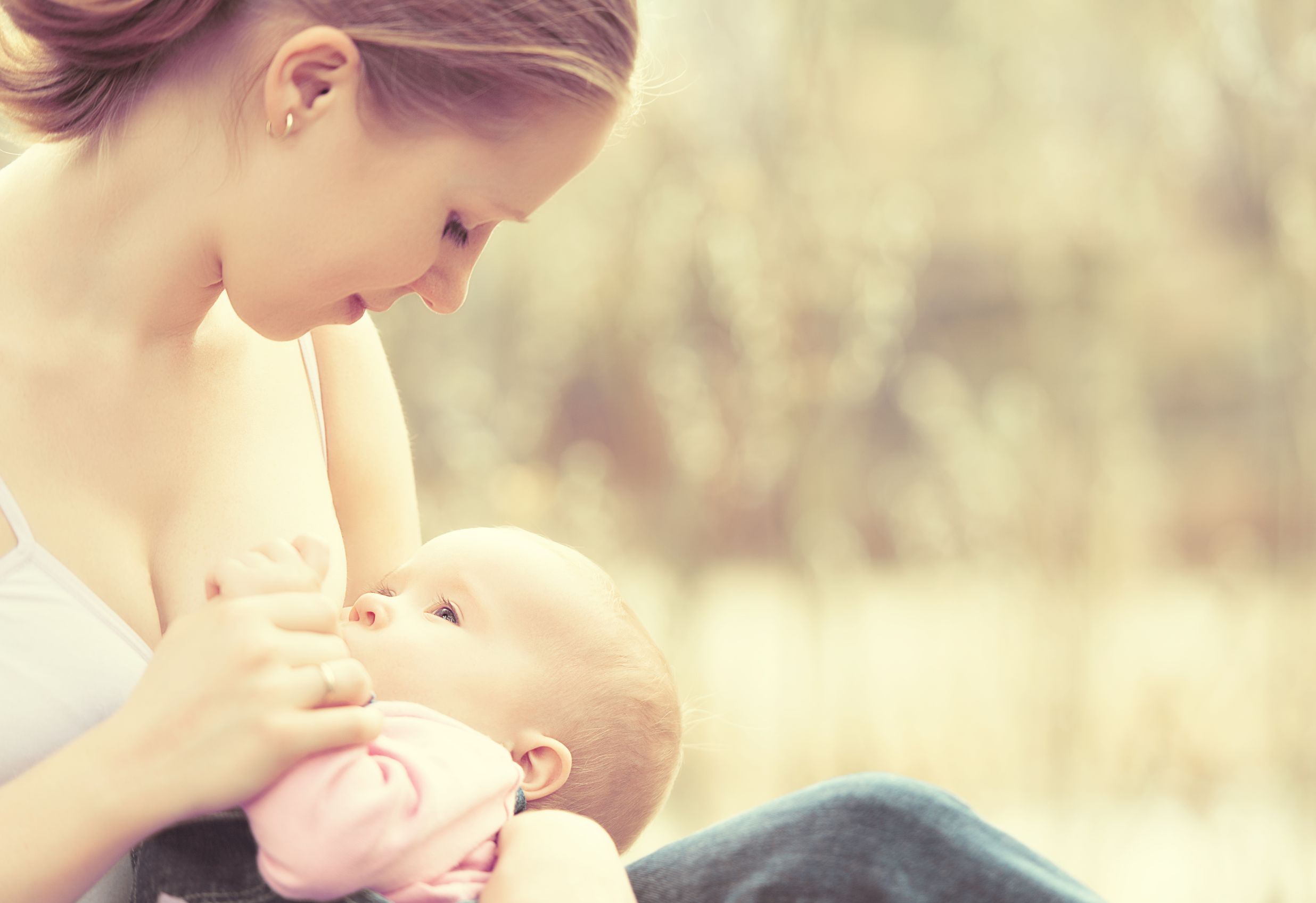When you have a newborn baby you’re faced with a lot of fears; are they too hot or too cold, do they need winding, are they getting enough milk? The questions are endless.
Many parents may also be quick to ask whether their baby can drink water especially when the weather is hot. Although water may be one of the safest and healthiest drinks for adults and children to sip throughout the day, it’s a completely different story when it comes to young babies.
Experts warn parents that babies younger than six months old should NEVER be given water to drink.
Dr Alan Greene explained to The New York Times: “During the months before starting solid foods, the amount of water already present in breast milk or formula usually provides all of the water that healthy babies need both to grow and to replace the water they normally lose through their urine, stool, skin and lungs.”

Experts reveal why you shouldn’t give water to a young baby
Not only will water fill baby up without adding extra calories, leading to weight loss (or insufficient weight gain), it can also lead to a serious and potentially life-threatening condition called oral water intoxication.
What is water intoxication?
Water intoxication is a condition in which the electrolytes (such as sodium) in a baby’s bloodstream become diluted.
This can inhibit normal bodily functions, leading to dangerous problems such as low body temperature (generally 36.1 degrees or less), brain swelling, unresponsiveness, and seizures.
Other symptoms include irritability, puffiness or swelling in the face, and seizures.
If you think that your child may have water intoxication, or if they suffer a seizure, you should seek medical attention immediately.
What causes water intoxication?
Quite simply, too much water.
Dr Alan Greene explains: “The risk of water intoxication is especially high if the baby is losing both water and electrolytes from diarrhoea. Fluid losses should be replaced with breast milk, formula or perhaps a rehydration solution. Don’t give plain water for rehydration.
“The risk is also high if formula is diluted with too much water in a misguided effort to save a little money.”
What about hot weather?
Breastfed babies will not require additional water even when it is very hot outside, as long as baby is allowed to nurse as needed; your baby can get all the liquids needed via breast milk.
Formula fed babies won’t need extra water either, although you may offer them an extra small bottle of formula if they seem thirsty between feeds.

What if my baby is dehydrated?
Babies should urinate at least once in the first 24 hours of their life, at least twice in the second 24 hours, and at least three times every day thereafter.
If you are concerned that your baby is dehydrated, contact your doctor.
When can I start feeding water to my baby?
Most experts suggest that you wait until you’ve started feeding solids to your baby, when they’re between four and six months old.
At that point, you can talk with your doctor about how much H2O to serve up to your little one – although many advise that formula or breast milk are still the best options.
Dr Alan Greene says: “If a baby still seems thirsty between feedings and doesn’t want to nurse more, or is already getting 32 ounces of formula a day, water is the very best additional beverage.
“If this is the case, offer 2 to 4 ounces [57 to 113 grams] of water between feedings, especially in hot weather.”
When your child turns one year old, they can start sipping water more regularly.
REMEMBER: Water is an excellent choice for children over the age of one year – and definitely preferable to sugary drinks and juices.


